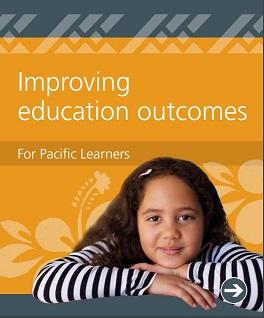The New Zealand Curriculum Principles: Foundations for Curriculum Decision-Making
Published: 19 Jul 2012
This is ERO’s second national evaluation report looking at the extent to which the principles of The New Zealand Curriculum are evident in schools’ curricula and enacted in classrooms. The curriculum principles are intended to be the basis of curriculum decision-making at schools.
- Audience:
- Parents
- Schools
- Content type:
- Research
- Topics:
- Curriculum
- Diversity
- Community
- Demographics








